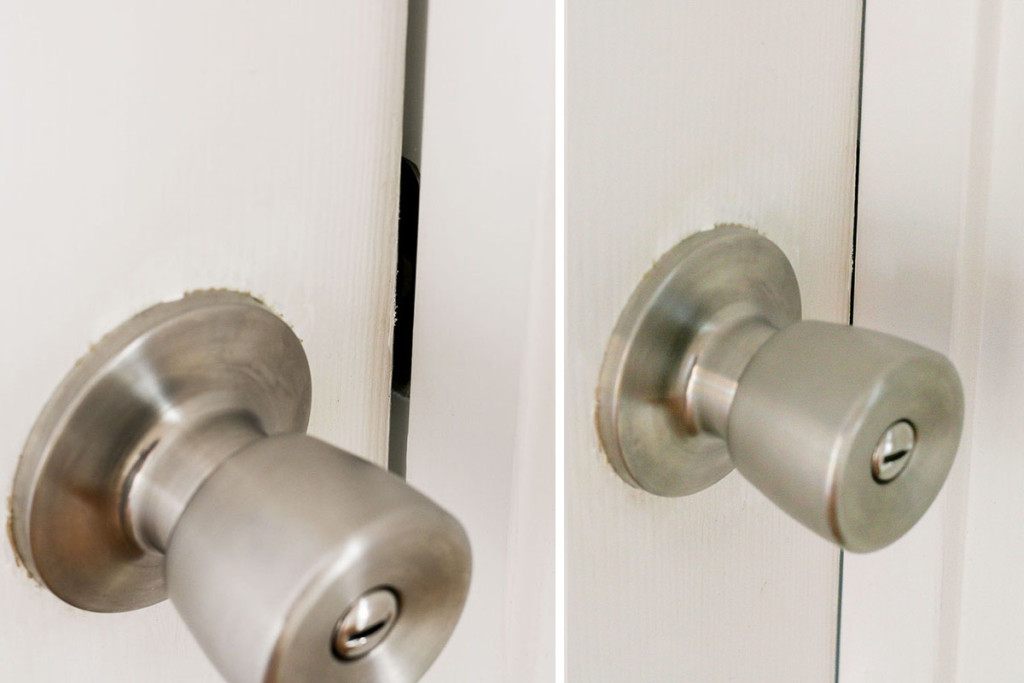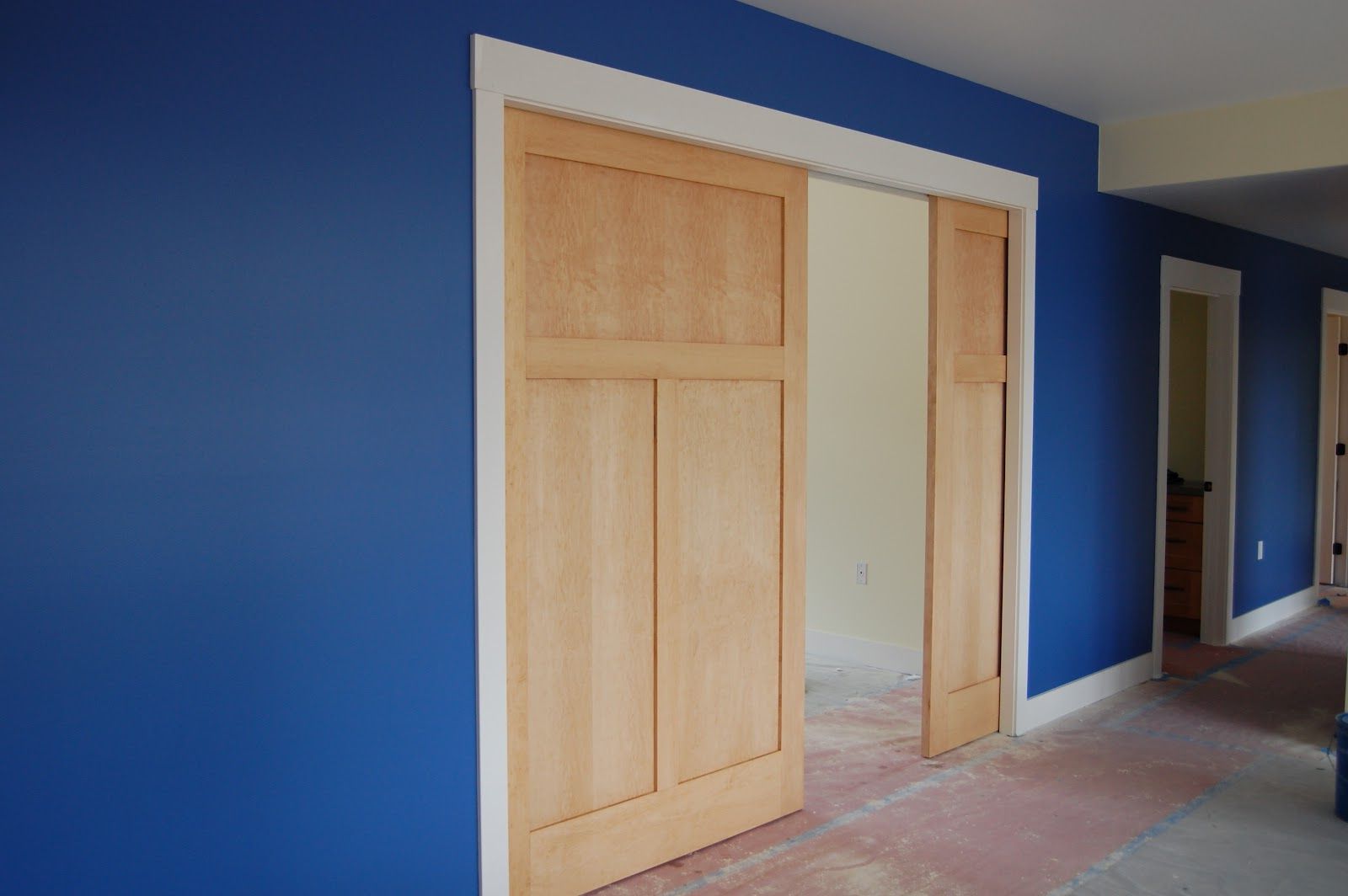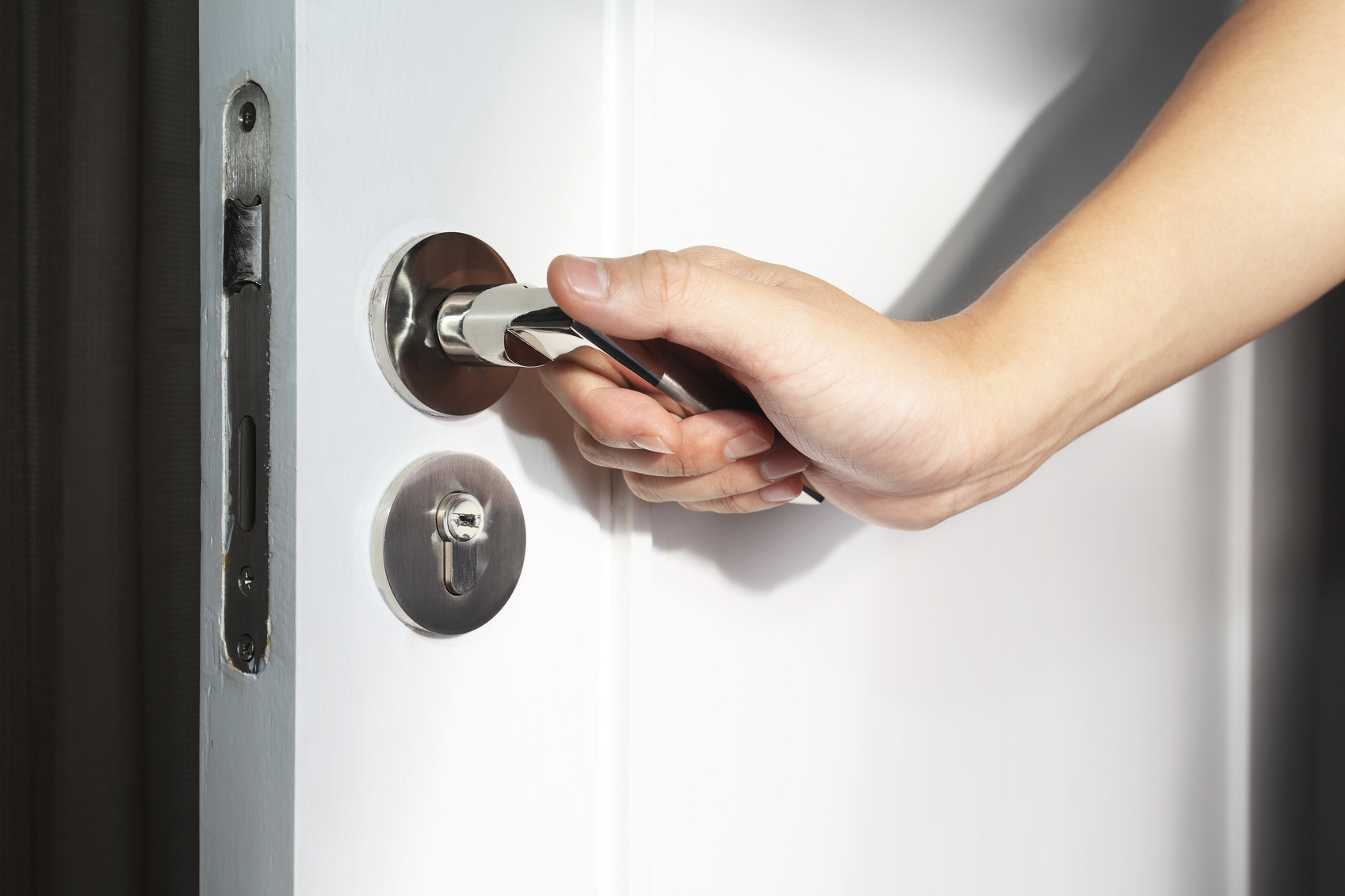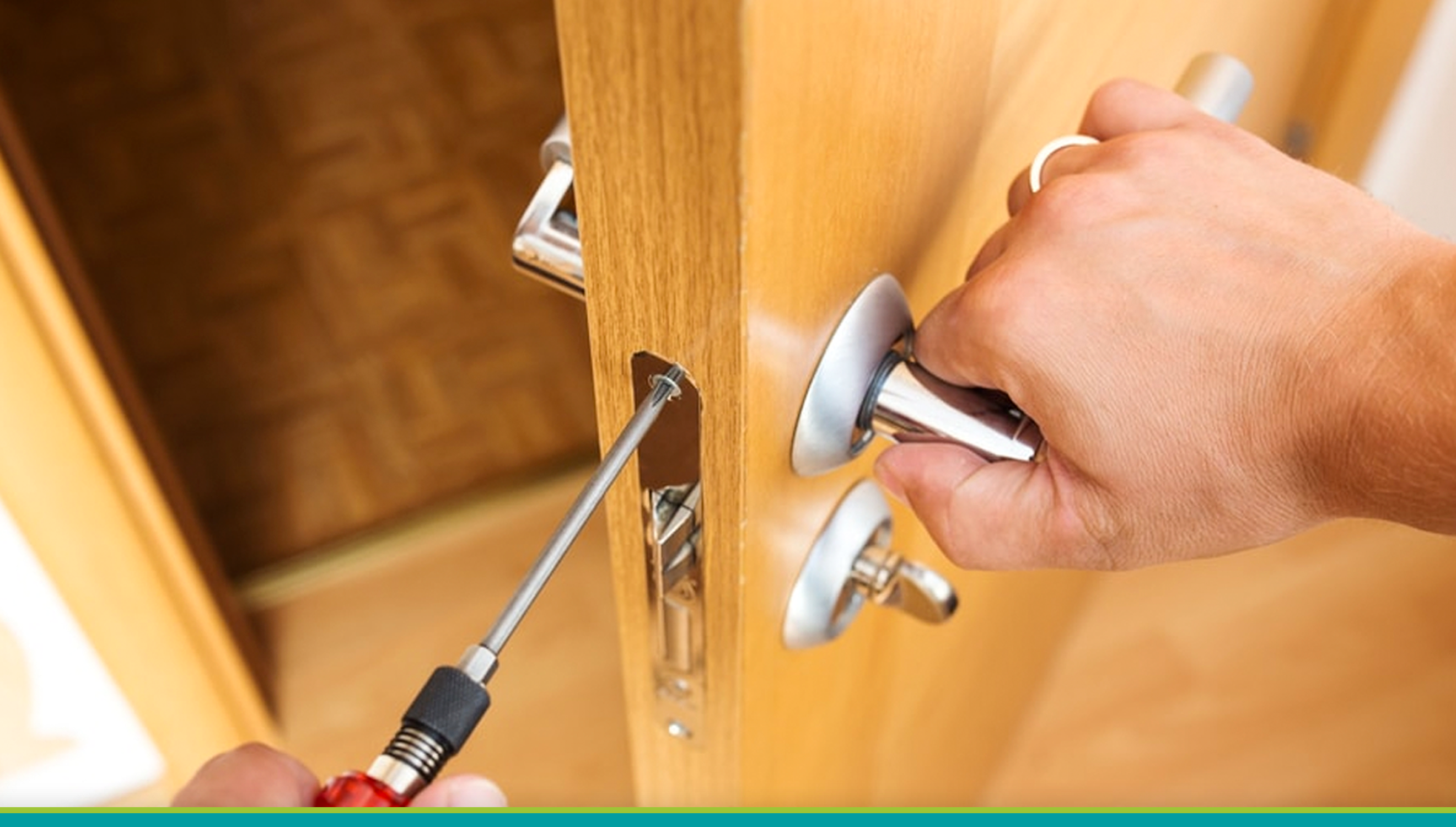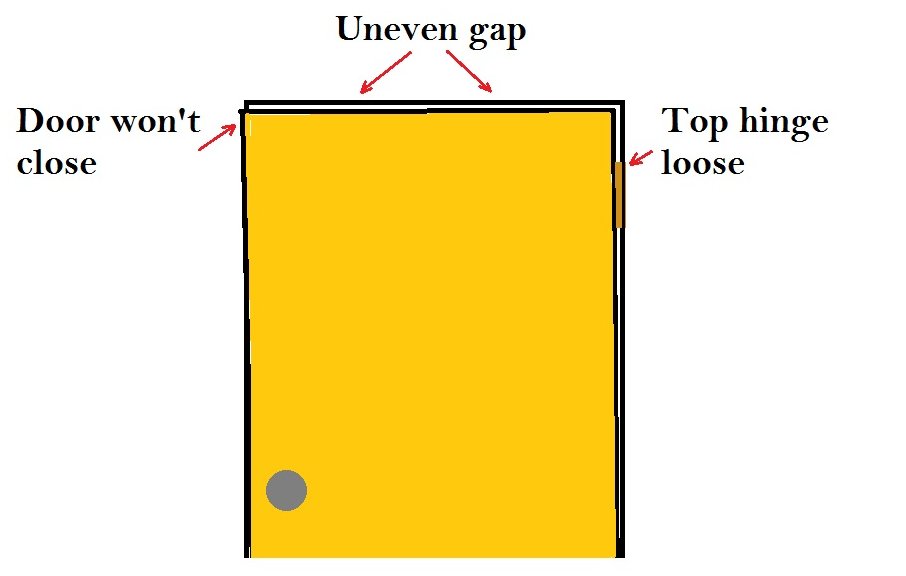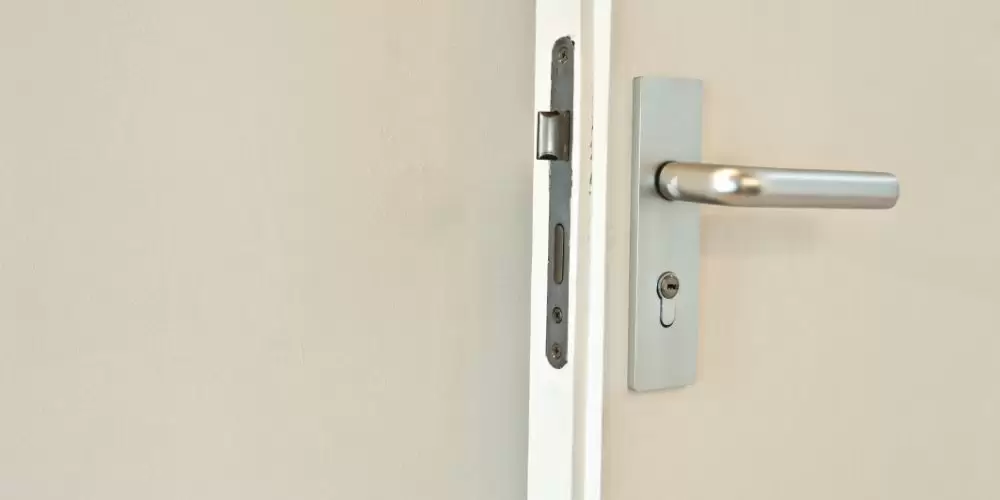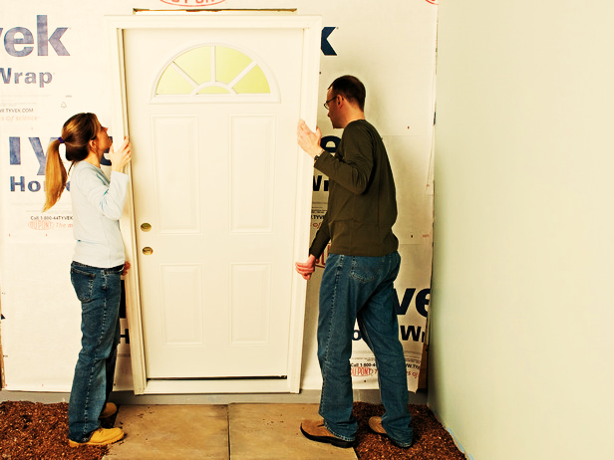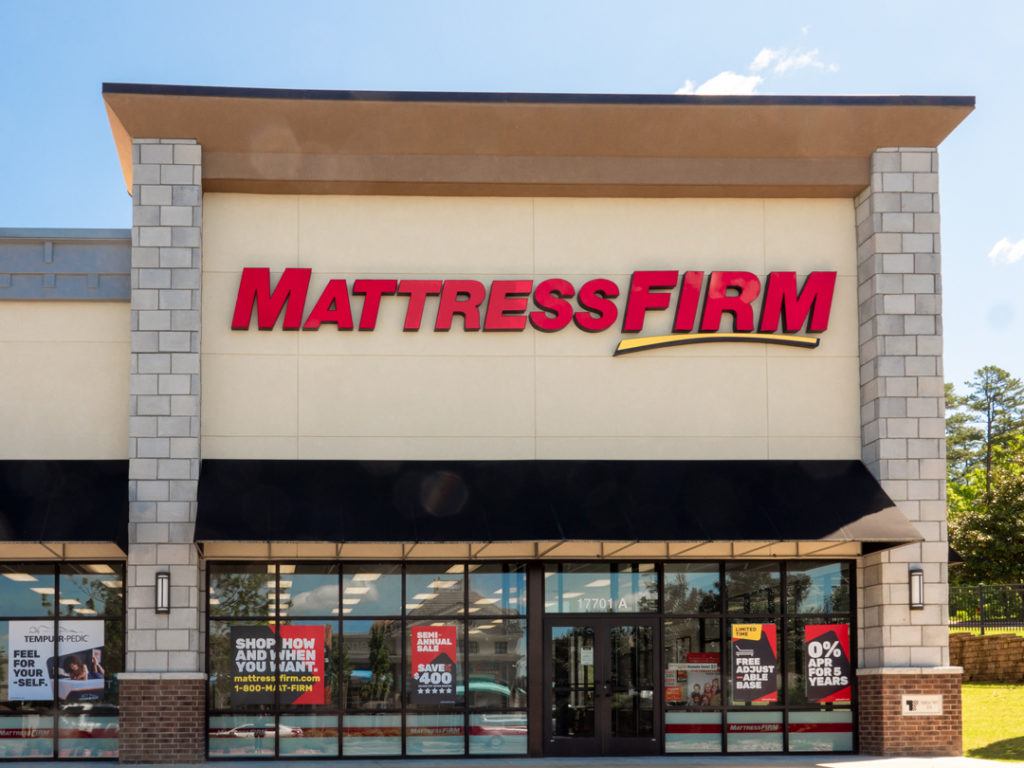If you're frustrated by the fact that your interior doors won't close properly, you're not alone. This is a common issue that many homeowners face, and it can be caused by a variety of reasons. One possible reason is that the hinges on your door are loose or damaged. This can cause the door to sag, making it difficult to close properly. Another common issue is that the door frame may be out of alignment, preventing the door from fitting snugly into the frame. Whatever the cause may be, it's important to address the problem as soon as possible to avoid further damage and inconvenience.1. Common Reasons Why Interior Doors Won't Close
If you're dealing with an interior door that won't close, there are a few simple steps you can take to fix the problem. First, check the hinges to see if they need tightening or replacement. If the hinges are loose, simply tightening the screws can often solve the issue. If the hinges are damaged, you may need to replace them altogether. If the issue is with the door frame, you may need to adjust the position of the strike plate or sand down the door to make it fit better. It may also be helpful to use a doorstop or draft stopper to prop the door open and prevent it from swinging open on its own.2. How to Fix a Door That Won't Close
While it may seem like a minor inconvenience, having interior doors that won't close properly can actually have a significant impact on your home and daily life. For one, it can affect the overall security of your home. A door that doesn't close properly can be easier to break into, putting your family and belongings at risk. It can also create privacy issues if the door won't stay shut in a bedroom or bathroom. Additionally, a door that won't close properly can cause drafts and energy inefficiency, leading to higher heating and cooling bills. It can also be a safety hazard, especially for young children who may get their fingers caught in a door that doesn't close fully.3. The Importance of Properly Closing Interior Doors
Not all interior doors are created equal, and certain types of doors may be more prone to closing issues than others. Sliding doors, for example, can often become misaligned and difficult to close. French doors may have issues with the latch or hinges, causing them to stick and not close properly. Hollow core doors are also more susceptible to damage and warping, making them more likely to have closing problems. Knowing the type of door you have can help you troubleshoot and find solutions to any closing issues that may arise.4. Different Types of Interior Doors That May Have Closing Issues
One of the best ways to prevent interior doors from having closing issues is to perform regular maintenance and upkeep. This can include regularly checking and tightening hinges, lubricating moving parts, and inspecting the door frame for any signs of damage or misalignment. It's also important to avoid slamming doors, as this can cause damage and lead to closing problems in the future. By staying on top of maintenance, you can catch and address any potential issues before they become major problems.5. Regular Maintenance to Prevent Closing Issues
If you've tried troubleshooting and fixing your interior doors but are still struggling with closing issues, it may be time to seek professional help. There are many experienced handymen and contractors who specialize in door repairs and can help identify and fix the root cause of your closing issues. They can also provide advice on the best course of action, whether it be repairing or replacing the door. Investing in professional help can save you time, money, and frustration in the long run.6. Finding Professional Help for Persistent Closing Issues
While regular maintenance and repairs can help extend the lifespan of your interior doors, eventually they may need to be replaced altogether. If you find yourself constantly dealing with closing issues and other problems with your current doors, it may be worth investing in high-quality, durable doors that are less prone to these issues. Solid wood or metal doors, for example, are less likely to warp or become misaligned over time. Upgrading to better quality doors can also add value to your home and improve its overall aesthetic appeal.7. Upgrading to High-Quality Doors for Long-Term Solutions
If you're building a new home or renovating your existing one, it's important to pay attention to the quality and installation of your interior doors. Choosing high-quality doors and ensuring they are properly installed can help prevent future closing issues. It's also important to work with experienced contractors who understand the importance of proper door installation and can troubleshoot any issues that may arise.8. Addressing Closing Issues in New Construction or Renovation Projects
Ignoring closing issues with your interior doors can have more consequences than just inconvenience and frustration. For one, it can lead to further damage and costly repairs down the line. It can also affect the overall value and appeal of your home, making it more difficult to sell in the future. Additionally, closing issues with interior doors can affect the overall security and safety of your home, putting you and your family at risk. It's important to address these issues as soon as possible to avoid any potential negative consequences.9. The Cost of Ignoring Closing Issues
Once you've addressed any closing issues with your interior doors, it's important to maintain them to ensure they continue to function properly. Regularly checking and tightening hinges, lubricating moving parts, and avoiding slamming doors can help prevent future issues. It's also a good idea to periodically inspect the door frame for any signs of damage or misalignment. By taking these simple steps, you can ensure that your interior doors continue to close properly and provide security, privacy, and efficiency in your home for years to come.10. Tips for Maintaining Properly Closing Interior Doors
Additional Solutions for Interior Doors Not Closing

If you have been experiencing difficulties with your interior doors not closing properly, don't worry, you are not alone. Many homeowners face this issue and it can be quite frustrating. As we discussed in the previous paragraph, there are a few common reasons why this may be happening. However, there are also some additional solutions that can help fix this problem.
1. Check for Warping

As mentioned before, warping is a common cause for interior doors not closing properly. To check for warping, close the door and see if there are any gaps between the door and the frame. If there are, this indicates that the door may be warped and needs to be fixed. You can try using a wood plane to shave off the excess wood and make the door fit properly in the frame.
2. Adjust the Hinges
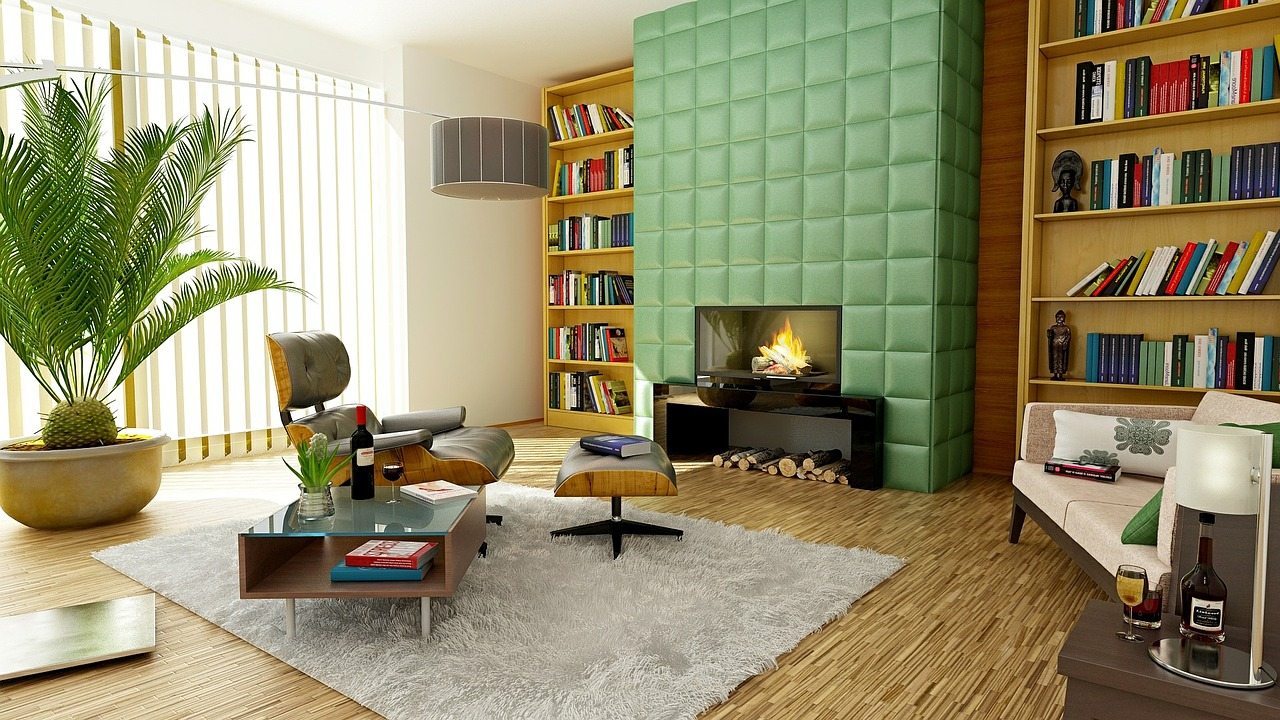
Oftentimes, the hinges on a door can become loose or misaligned, causing the door to not close properly. To fix this, you can try tightening the screws on the hinges or adjusting them to make sure they are aligned properly. This may require some trial and error, but it can help improve the functionality of your interior doors.
3. Consider Door Alignment
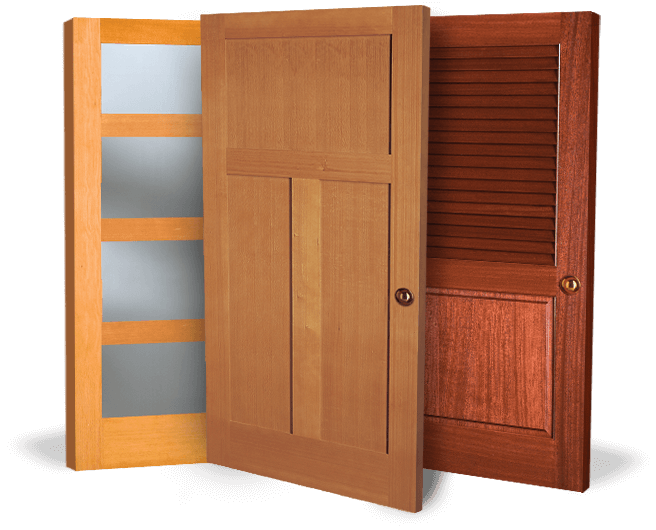
If you have tried all the previous solutions and your door still won't close properly, it may be an issue with the door alignment. This is especially common in older homes where the foundation may have shifted over time. In this case, you may need to hire a professional to realign the door and ensure it fits properly in the frame.
By implementing these additional solutions, you can improve the functionality of your interior doors and make sure they close properly. However, if none of these solutions seem to work, it may be a sign of a larger underlying issue and you may need to consult a professional for further assistance. Remember, having properly functioning interior doors not only adds to the aesthetics of your home, but also plays a crucial role in maintaining privacy and security within your living space.
Don't let the frustration of interior doors not closing get to you. With these tips and solutions, you can tackle this issue and have your doors functioning smoothly in no time.








